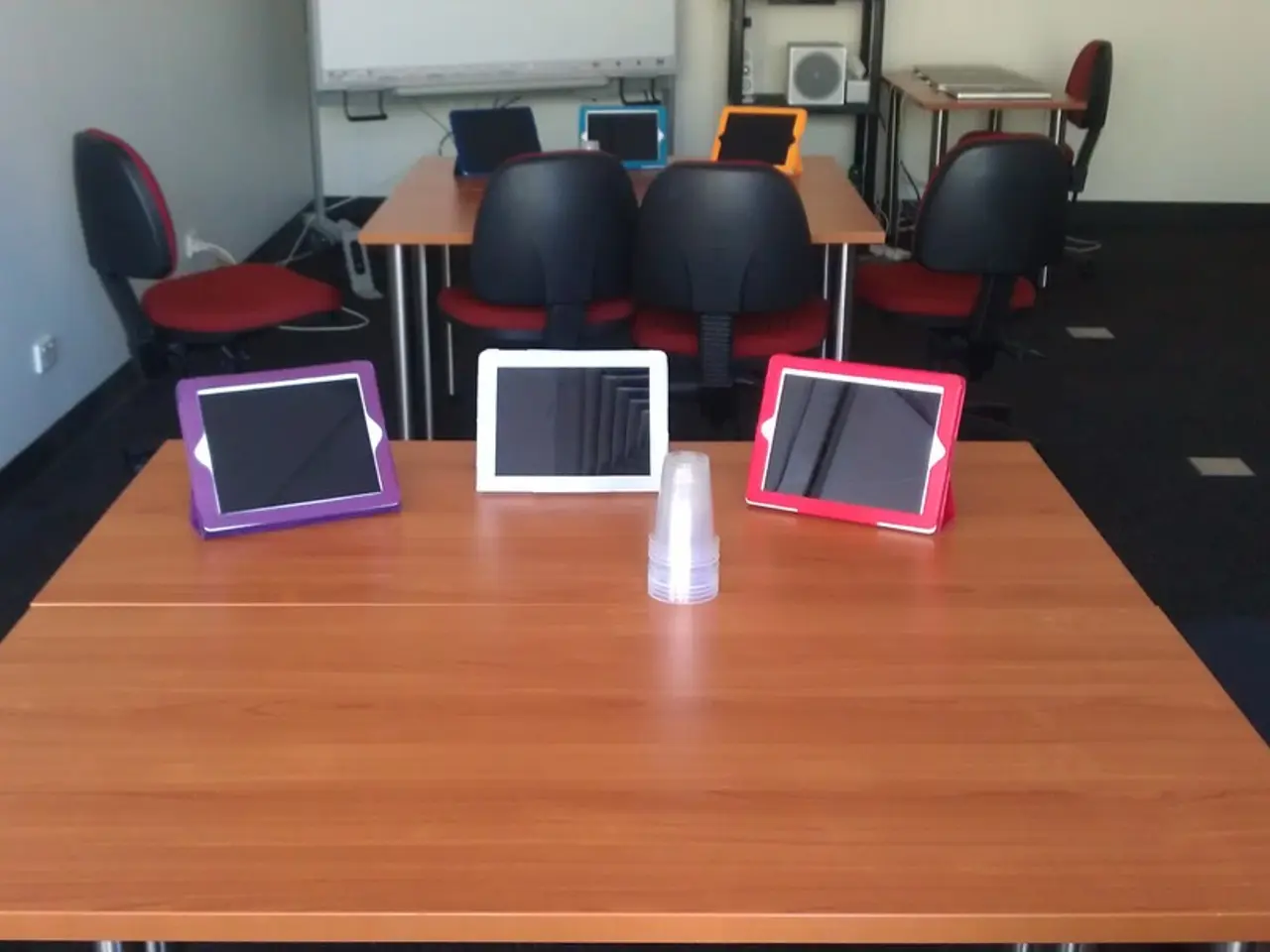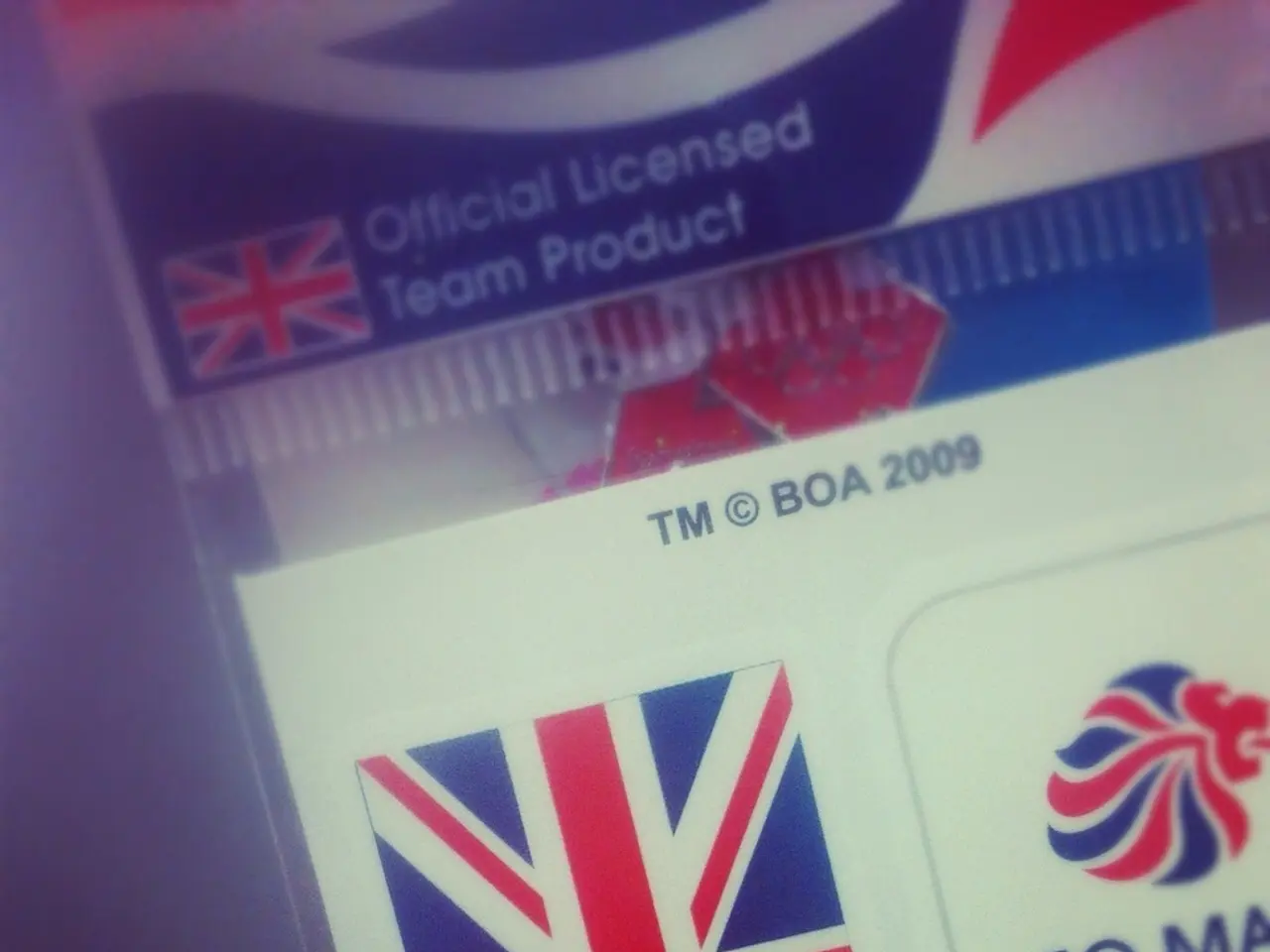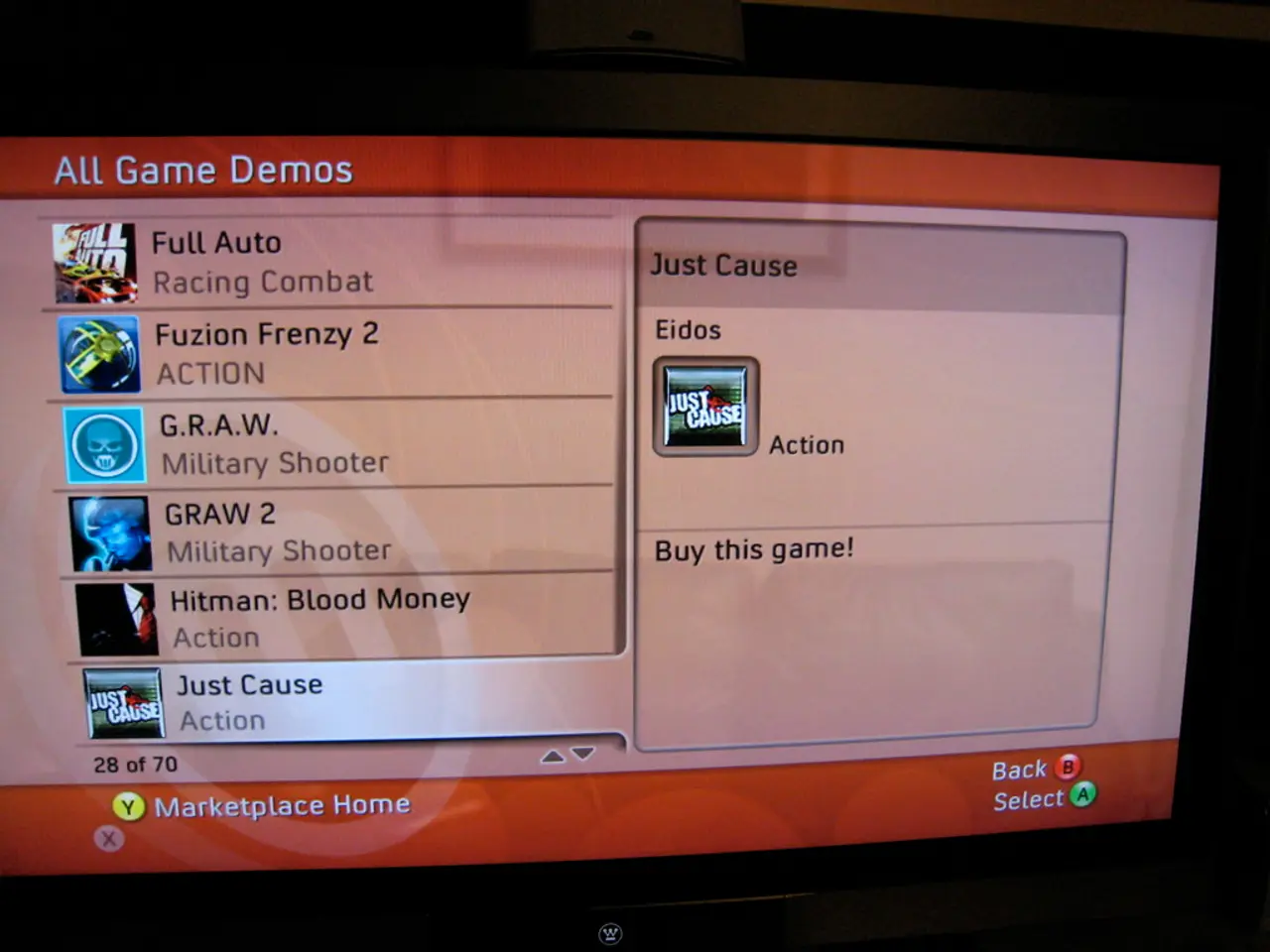Explore 26 innovative iPadOS features and hacks to experiment with once the public beta becomes available.
Apple's latest operating system update, iPadOS 26, brings a significant evolution to the tablet experience, introducing a suite of features that redefine its design and functionality, bringing it closer to the macOS experience.
## Key New Features
The standout feature of iPadOS 26 is the introduction of the "Liquid Glass" design language. This design offers translucent, borderless app icons, widgets, and UI elements, providing a modern, immersive, and unified look across Apple devices. Customizable icons, lock screen clock resizing, and color options are just a few of the benefits this design offers [1][2][4].
iPadOS 26 also delivers true desktop-style multitasking. Apps can now open in resizable, free-floating windows with standard Mac controls (close, minimize, resize, tile). Users can move, stack, and arrange windows flexibly, and there's an Exposé-style view to navigate between multiple windows [2][4].
A Mac-style menu bar appears when swiping down from the top of the screen, providing access to menus and system controls. The Dock now supports folders, functioning similarly to Mac’s stacks [2]. Advanced AI features are deeply integrated, including Live Translation, new generative creativity tools like Genmoji and Image Playground, and intelligent Shortcuts for automation [2].
Notably, iPadOS 26 is the first version to require the Apple Neural Engine, dropping support for the seventh-generation iPad (10.2-inch display) [3].
## Comparison to Prior Versions
### Design
iPadOS 18/18.5 maintains the familiar iPad look with only minor updates, such as new Pride wallpapers, but no major visual overhaul [1]. In contrast, iPadOS 26 introduces the Liquid Glass interface, offering a more modern, customizable, and visually cohesive experience across all Apple platforms [1][2][4].
### Functionality
iPadOS 18/18.5 offers split-screen and Stage Manager multitasking, but window management is limited and less flexible [1][2]. iPadOS 26 delivers robust, Mac-like multitasking with true window management, Exposé, and flexible window arrangements. Folders in the Dock and a menu bar further enhance productivity and workflow [2][4].
### Integration with macOS
Integration has been limited to Continuity features (Handoff, Universal Clipboard) and basic multitasking solutions in prior versions. iPadOS 26 deepens integration by adopting macOS window management, menu bar behavior, and Dock stacks. The design now uses the same Liquid Glass language as macOS, creating a more unified ecosystem for users across iPad and Mac [2][4].
## Summary Table
| Feature/Aspect | iPadOS 18/18.5 | iPadOS 26 | |---------------------------|-------------------------------|------------------------------------| | **Design** | Familiar, minor updates | Liquid Glass, modern, customizable | | **Multitasking** | Split View, Stage Manager | True windowing, Exposé, flexible | | **Menu Bar & Dock** | Basic Dock, no menu bar | Folders in Dock, Mac-style menu bar| | **AI Integration** | Limited | Advanced, with Apple Intelligence | | **Hardware Support** | Broad | Apple Neural Engine required |
iPadOS 26 represents a major step forward, transforming the iPad into a productivity powerhouse with a Mac-like approach to design, multitasking, and system integration [1][2][4].
Technology improvements are evident in Apple's latest operating system update, iPadOS 26, as it introduces the "Liquid Glass" design language, redefining the tablet's design with translucent, borderless app icons, widgets, and UI elements. The new update also delivers true desktop-style multitasking, offering users a Mac-like experience with features like resizable, free-floating windows and a Mac-style menu bar.




